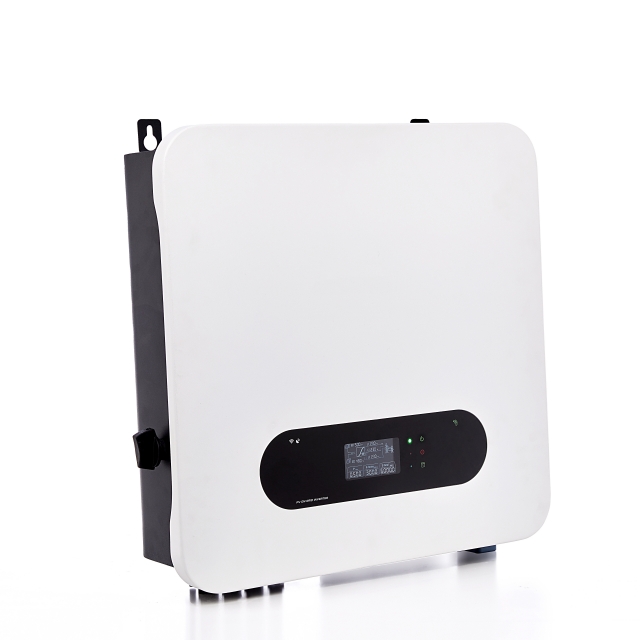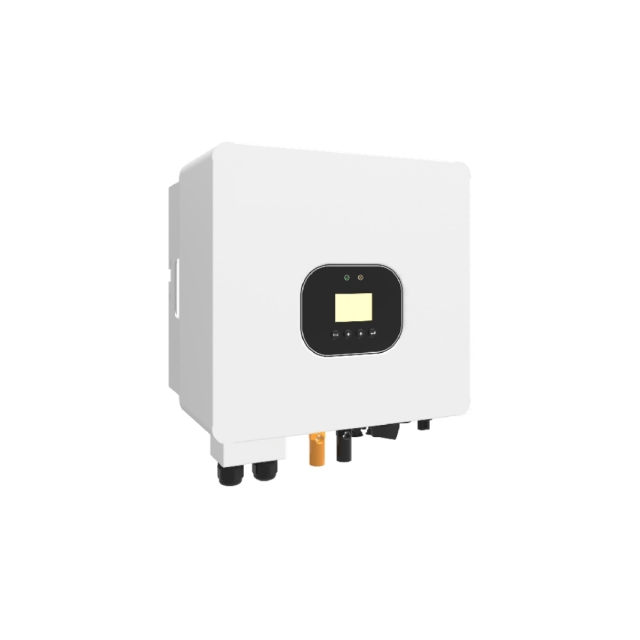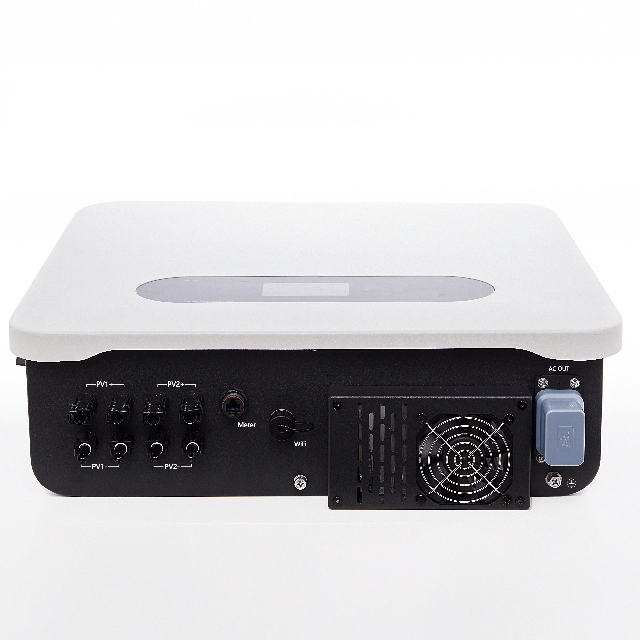Author:BLD Solar Energy SystemFROM:Solar System Converter Manufacturer TIME:2023-12-04
The solar industry has been rapidly growing in recent years, with more and more people turning to solar power as a renewable energy solution. One of the key components of a solar energy system is the hybrid solar inverter, which plays a crucial role in converting the DC power generated by solar panels into AC power for use in households and businesses. In this article, we will conduct a market analysis for the top hybrid solar inverters, examining their market share, key features, and future prospects.

When it comes to the market share of hybrid solar inverters, several top players dominate the industry. The first company worth mentioning is Company A, which currently holds the largest market share with its innovative and reliable hybrid inverters. Their inverters have gained popularity due to their high efficiency, advanced monitoring capabilities, and seamless integration with energy storage systems. Another notable player is Company B, known for its cutting-edge technology and competitive pricing. They have managed to capture a significant share of the market by offering a wide range of hybrid inverters that cater to different customer needs. Additionally, Company C has also made its mark in the industry by focusing on affordable solutions without compromising on quality. As the demand for hybrid solar inverters continues to grow, these top companies are expected to maintain their strong market positions.

Hybrid solar inverters come with a range of features that set them apart from traditional inverters. Firstly, many top hybrid inverters offer dual MPPT (Maximum Power Point Tracking) technology, allowing the system to efficiently handle multiple strings of solar panels with different orientations and shading conditions. This feature maximizes the overall energy output of the system. Secondly, top hybrid inverters often come equipped with smart monitoring systems, enabling users to easily monitor their energy production and consumption in real-time. Some advanced models even offer remote monitoring capabilities, allowing users to access their system data through a mobile app or web portal. Moreover, several hybrid inverters now have integrated battery management systems, enabling seamless integration with energy storage solutions. These key features make hybrid solar inverters a reliable and efficient choice for both residential and commercial applications.

The future of the hybrid solar inverter market looks promising as the demand for solar energy continues to rise. With advancements in technology and decreasing costs, hybrid inverters are becoming more accessible to a wider range of consumers. Furthermore, the integration of hybrid inverters with energy storage systems is gaining momentum, enabling users to store excess energy for later use and further reducing dependence on the electrical grid. Additionally, government incentives and subsidies for solar installations are driving the adoption of hybrid solar inverters. As the market matures, we can expect to see more innovative features and improved efficiency in future hybrid inverters, making them an even more attractive choice for sustainable energy solutions.
In conclusion, the top hybrid solar inverters hold significant market share and offer key features that enhance the performance and functionality of solar energy systems. With the ongoing growth in the solar industry and the increasing demand for renewable energy, hybrid inverters are expected to play a crucial role in the transition towards a sustainable future.
